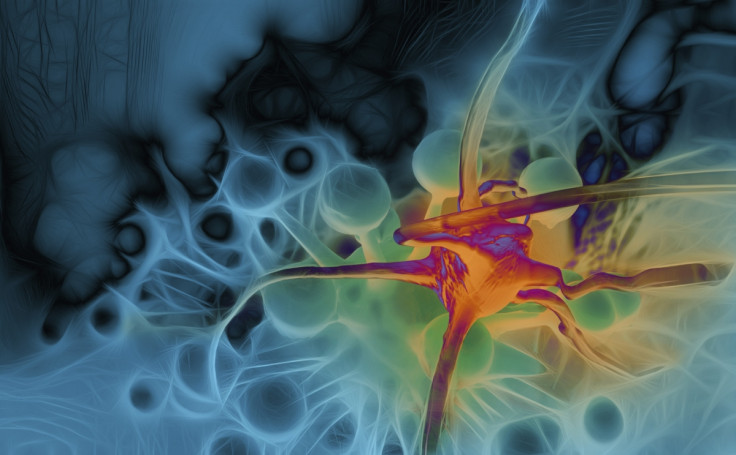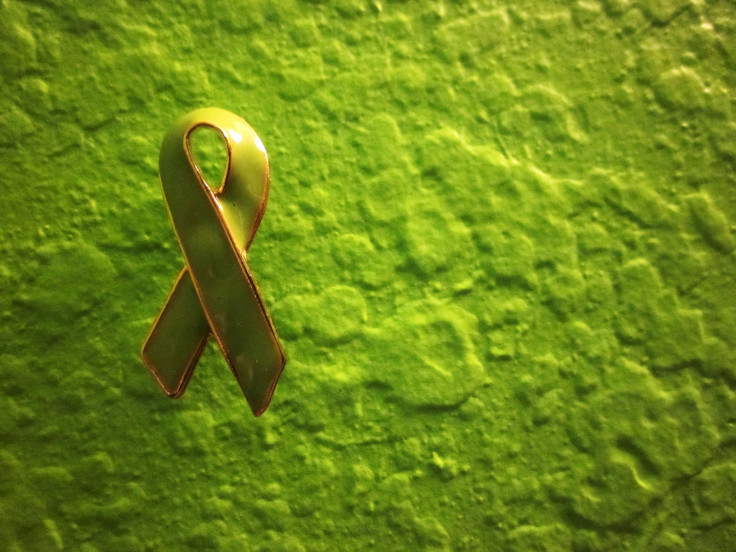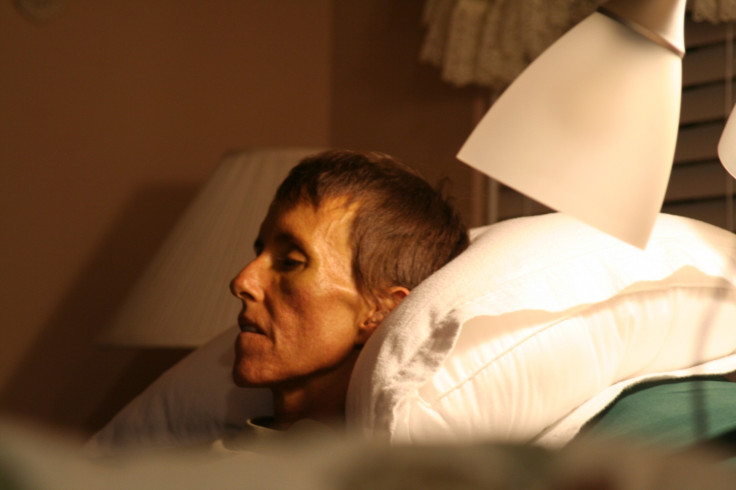10 symptoms of cancer you should never ignore
Breathlessness, unexplained weight loss and heavy sweating are among the signs worth spotting early.

Spotting the symptoms of cancer early can greatly improve your chance of getting effective treatment and lowering the risk of death. Here are 10 symptoms that are linked with some of the most common types of cancer.
A sore that won't heal
This includes an ulcer in the mouth or on the tongue that won't heal. If a spot, wart, sore or ulcer won't heal after a few weeks, it could be a symptom of skin cancer.
Skin cancers most often appear in areas that are most often exposed to the sun, such as a bald patch on the head, the tops of the ears, the nose or face, or shoulders. However, they can appear almost anywhere on the skin. People who frequently sunbathe without adequate protection from sun cream or use tanning beds regularly are more likely to develop skin cancers.
Cancerous sores on the skin can appear as a firm red nodule, a flat sore with a scaly crust, a raised area of an old scar, a scaly patch on the lip, a red or rough patch inside the mouth or a red and rough or wart-like sore near the anus or genitals, according to the Mayo Clinic.
Heavy sweating in the night
Drenching night sweats, even in a cool room, are an early sign of cancers such as lymphoma, leukaemia, bone cancer or liver cancer, according to Cancer Research UK.
However, not all lymphoma and leukaemia sufferers experience heavy night sweats, and there are many other conditions that cause this symptom such as the menopause, sleep apnoea and certain medications.
When it is caused by cancers, heavy night sweats are usually accompanied by symptoms such as unexplained weight loss, itching or fatigue, according to the NHS.

Breathlessness
If you can't catch your breath while doing activities that wouldn't normally make you breathless, then this can in some cases be a symptom of certain cancers.
Up to 9 in 10 people with advanced lung cancer experience breathlessness, but between 5 and 7 in 10 people diagnosed with any type of cancer will experience it at some point, according to the charity Cancer Research UK.
Symptoms include discomfort while breathing, shortness of breath and experiencing a feeling of tightness, drowning or suffocation.
Read more: Lung cancer, women and smoking: How disease surpassed breast cancer as biggest killer
Unusual changes in the breast
Lumps in the breast are a common symptom of breast cancer. However, other changes in the breast sometimes associated with cancer include changes in the size, shape or feel, changes in skin texture, pain, fluid leaking from the nipple or other unexplained changes to the nipple, according to Cancer Research UK.
Changes such as these are often accompanied by fatigue and unexplained weight loss in breast cancer patients.
Breast cancer is the second most common cause of cancer-related deaths in women in the US, behind only lung cancer, according to the American Cancer Society.

A persistent croaky voice or hoarseness
An unusually croaky voice that persists for weeks, and is not because of a cold, can be a symptom of laryngeal cancer, also known as throat cancer. The larynx is the top part of the windpipe, sometimes called the voice box.
A long-lasting cough or sore throat can also be a symptom of throat cancer. In cancer patients, this is often accompanied by other symptoms including breathlessness, fatigue or unexplained weight loss.
Other causes of hoarseness include acid reflux, allergies or thyroid problems.
Unexplained weight loss
Losing weight without trying is a symptom of several cancers. About 6 in 10 people with lung cancer and 8 in 10 people with stomach, pancreatic or oesophageal cancer report significant weight loss by the time they receive a diagnosis, according to Cancer Research UK.
Weight loss in people with cancer can be caused by loss of appetite, nausea, vomiting or depression. It is also a side effect of many cancer treatments.
In the advanced stages of cancer, a condition called cachexia, or wasting, often leads to weight loss and muscle loss.

Unusual vaginal bleeding
Bleeding from the vagina if you are a post-menopausal woman, or bleeding after sex, can be a sign of some cancers.
Unusual bleeding – excluding bleeding during periods or occasional spotting between periods – has been linked to cancers of the uterus, cervix or vagina. In cancers of the uterus, this is usually accompanied by back, leg or pelvic pain, loss of appetite or nausea, according to the NHS.
About 1 in 10 women who are postmenopausal that experience bleeding from the vagina are diagnosed with cancer of the uterus, also known as endometrial cancer. Other causes of unusual vaginal bleeding include non-cancerous growths such as polyps or fibroids, or endometriosis.
Changes to a mole or a new mole
Unusual moles that appear or change suddenly can be a symptom of melanoma skin cancer, which is the most common of all cancers, the American Cancer Society says. Cases of melanoma have been increasing over the past 30 years.
Cancerous moles are often asymmetric, have a blurred or irregular border, have an uneven colour or shade or are unusually large.
Risk factors for developing melanomas are exposure to sunlight or UV without protection from suncream, having fair skin, freckles and light hair, or a family history of skin cancer.
Blood in the urine or faeces
Bladder cancer can cause blood in urine, and bowel cancer can cause blood in faeces. However, cancer is not the only condition to cause blood in urine and poo.
Bladder cancer is usually painless in the early stages, and can lead to streaks of blood in the urine or the urine going brown, according to the NHS. Rarer symptoms can include needing to pee more frequently or a burning sensation when peeing.
Most common cancers in men and women:
- Breast
- Prostate
- Lung
- Bowel
- Melanoma skin cancer
- Non-Hodgkin lymphoma
- Kidney
- Head and neck
- Brain, other CNS or intracranial
- BladderEdit
Blood in poo, or bleeding from the bottom, a persistent difference in bowel movements, unexplained weight loss or fatigue are common symptoms of bowel cancer, according to Bowel Cancer UK.
Coughing up blood
This can be a symptom of lung or throat cancer, but also of many other conditions that may be less serious, such as a chest infection. It is a particular concern when seen in older people or smokers, the NHS says.
Coughing up blood happens in certain cancers due to bleeding into the airways.
In lung cancer, coughing up blood often happens alongside other common symptoms such as breathlessness, chest pain and unexplained weight loss.
© Copyright IBTimes 2025. All rights reserved.






















